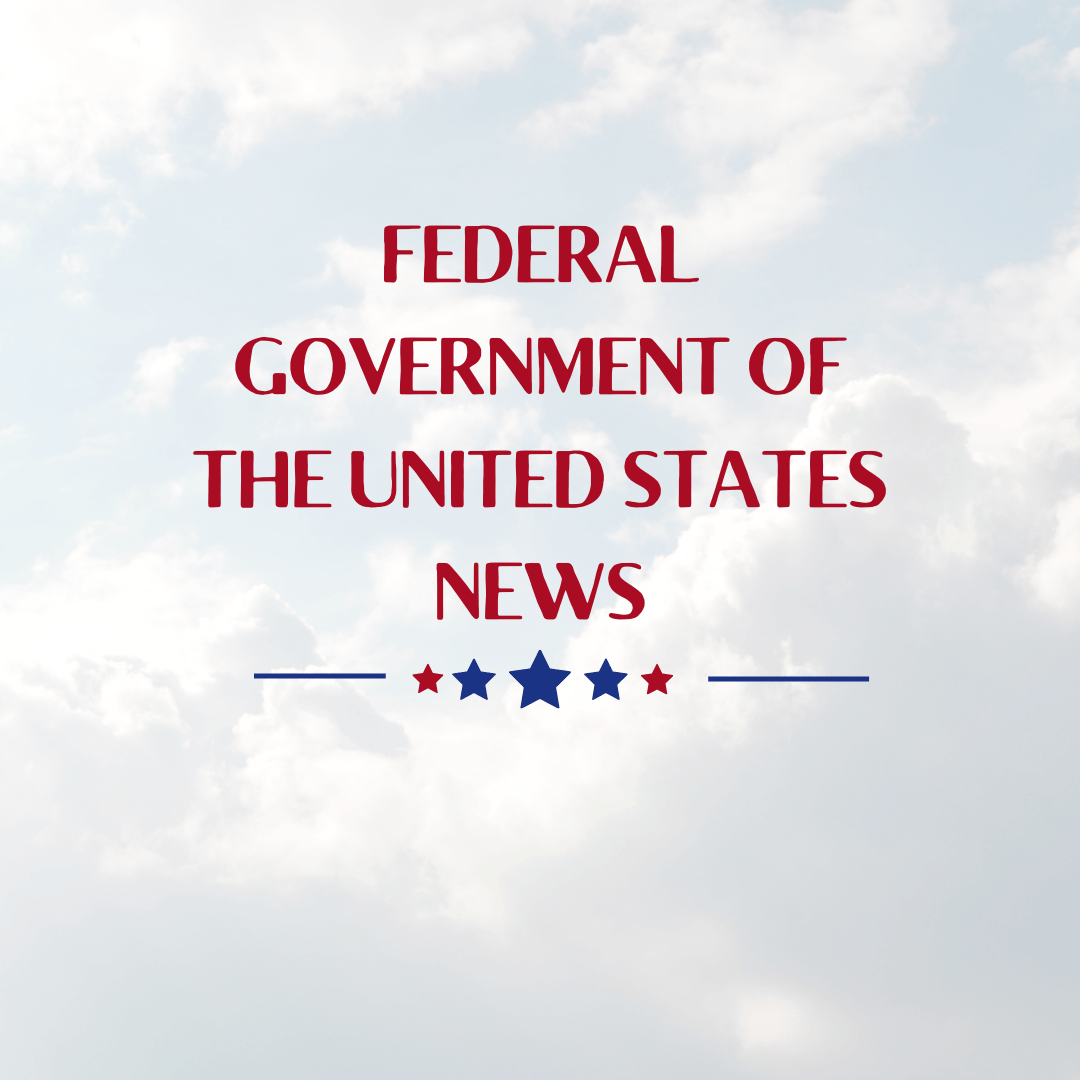Federal Government of the United States News
Federal Government of the United States News: Key Updates, Policies, and Insights
The federal government of the United States plays a pivotal role in shaping the nation’s policies, economy, and international relations. From legislative decisions to executive actions, staying informed about federal government news is essential for understanding how these developments impact daily life. In this comprehensive guide, we’ll explore the latest updates, key policies, and insights into the workings of the U.S. federal government.
Understanding the Structure of the Federal Government
Before diving into the latest news, it’s important to understand the structure of the federal government. The U.S. government operates under a system of checks and balances, divided into three branches:
1. The Executive Branch
- Headed by the President, this branch is responsible for enforcing laws, managing foreign relations, and overseeing federal agencies.
- Key components include:
- The President and Vice President.
- The Cabinet (e.g., Secretaries of State, Defense, Treasury).
- Federal agencies like the Department of Homeland Security (DHS) and the Environmental Protection Agency (EPA).
2. The Legislative Branch
- Comprised of Congress, which includes:
- The Senate (100 members, two per state).
- The House of Representatives (435 members, based on population).
- This branch creates laws, approves budgets, and oversees federal programs.
3. The Judicial Branch
- Led by the Supreme Court, this branch interprets laws and ensures they align with the Constitution.
- Includes lower courts like district courts and appellate courts.
Recent Federal Government News and Updates
1. Legislative Developments
- Budget Negotiations: Congress recently debated a new federal budget to avoid a government shutdown. Key issues include defense spending, healthcare, and education funding.
- Infrastructure Bill: The bipartisan infrastructure law continues to fund projects across the country, focusing on roads, bridges, and broadband expansion.
- Immigration Reform: Lawmakers are discussing potential reforms to address border security and pathways to citizenship.
2. Executive Actions
- Climate Change Initiatives: The Biden administration has introduced new regulations to reduce greenhouse gas emissions and promote renewable energy.
- Student Loan Relief: Efforts to provide debt relief for millions of borrowers remain a priority, with ongoing legal challenges.
- Healthcare Policies: Recent executive orders aim to lower prescription drug costs and expand access to affordable healthcare.
3. Judicial Rulings
- Supreme Court Decisions: Recent rulings have addressed issues like affirmative action, voting rights, and religious freedom.
- Federal Court Cases: High-profile cases involving tech regulations, environmental protections, and labor rights are shaping national policies.
Key Federal Policies Impacting Americans
The federal government’s policies influence various aspects of life, from economic stability to public health. Here are some key areas to watch:
1. Economic Policies
- Inflation Reduction: The Federal Reserve continues to adjust interest rates to combat inflation and stabilize the economy.
- Tax Reforms: Proposals to increase taxes on corporations and high-income earners are under consideration.
- Job Creation: Federal programs aim to boost employment through investments in clean energy and technology.
2. Healthcare
- Expansion of Medicaid and Medicare benefits.
- Efforts to cap insulin prices and reduce out-of-pocket costs for seniors.
- Initiatives to address mental health and opioid addiction.
3. Education
- Increased funding for public schools and higher education.
- Programs to promote STEM (Science, Technology, Engineering, and Mathematics) education.
- Student loan forgiveness and repayment plan reforms.
4. National Security
- Strengthening cybersecurity measures to protect against foreign and domestic threats.
- Modernizing military capabilities and supporting veterans.
- Addressing global challenges like terrorism and climate-related risks.
How to Stay Informed About Federal Government News
Staying up-to-date with federal government news is crucial for understanding how policies affect you. Here are some reliable sources:
- Official Websites:
- News Outlets:
- Major networks like CNN, NPR, and Reuters provide comprehensive coverage.
- Specialized outlets like Politico and The Hill focus on government and politics.
- Social Media:
- Follow official accounts like @POTUS, @SenateGOP, and @HouseDemocrats for updates.
Frequently Asked Questions (FAQ)
1. What is the role of the federal government in the United States?
The federal government is responsible for national defense, foreign policy, economic regulation, and ensuring the rights and welfare of citizens. It operates through the executive, legislative, and judicial branches.
2. How does a bill become a law?
A bill must pass both the House of Representatives and the Senate before being signed into law by the President. If vetoed, Congress can override the veto with a two-thirds majority.
3. What is the difference between federal and state governments?
The federal government handles national and international issues, while state governments address local matters like education, transportation, and law enforcement.
4. How can I contact my federal representatives?
You can find your representatives’ contact information on Congress.gov or your state’s official website.
5. What are the current priorities of the federal government?
Key priorities include economic recovery, climate change, healthcare access, and national security.
Conclusion
The federal government of the United States plays a critical role in shaping the nation’s future. From legislative debates to executive actions, staying informed about federal news ensures you understand how these decisions impact your life. By following trusted sources and engaging with your representatives, you can stay connected to the policies and initiatives that matter most. For more updates, explore official government resources and stay engaged in the democratic process.
